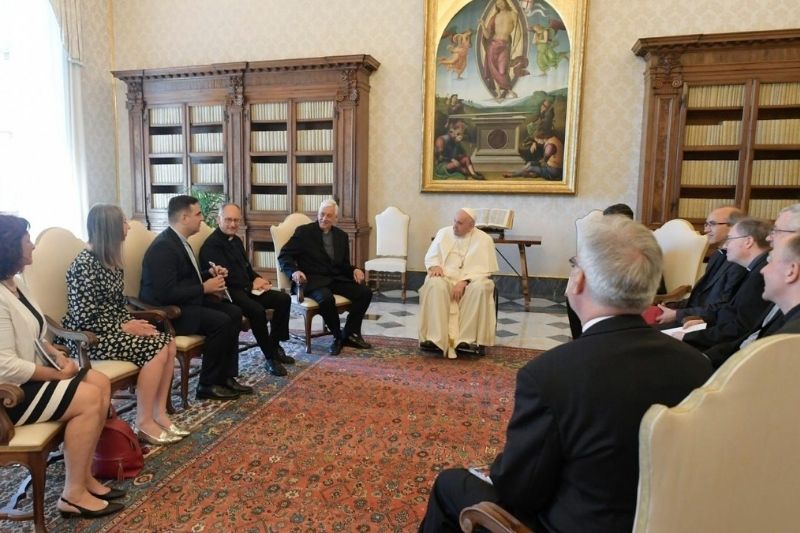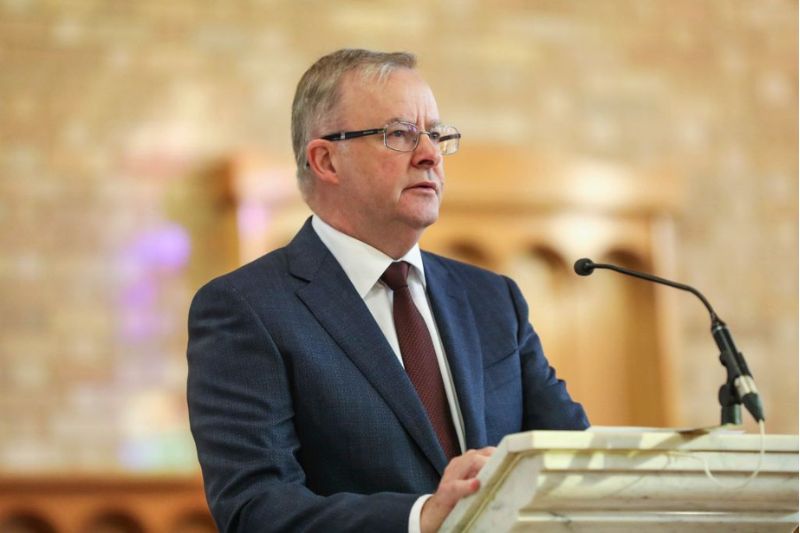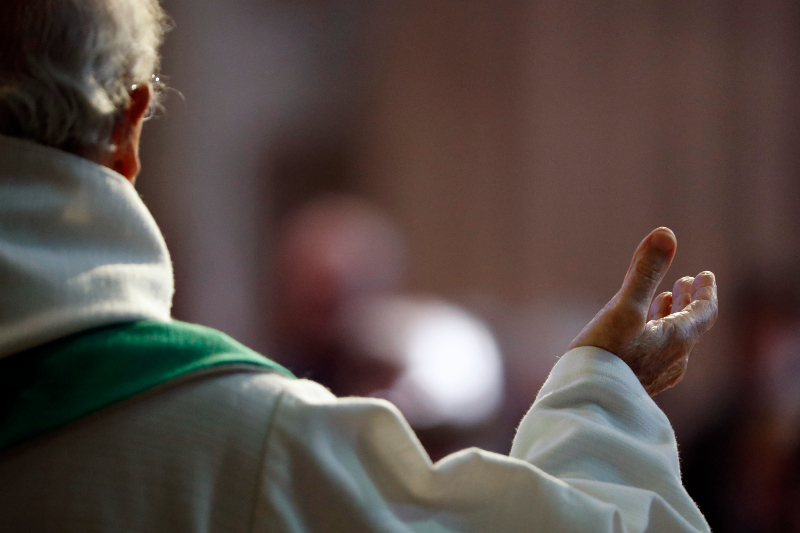Keywords: Theological Education
-

RELIGION
- Andrew Hamilton
- 21 August 2024
This year’s Social Justice Statement is ambitious in its scope. From the ravages of war to the erosion of truth, the statement challenges us to confront the root causes of our divisions and seek a path toward a more just and peaceful future.
READ MORE
-

AUSTRALIA
- Andrew Hamilton
- 27 July 2023
6 Comments
In a society quick to categorize children as either good or bad, reform efforts seem caught in a cyclical battle. Children often fall victim to these broad definitions, especially those from disadvantaged groups. What factors cause these cycles of progress and relapse, and how can lasting reform be achieved?
READ MORE
-

AUSTRALIA
- Andrew Hamilton
- 24 May 2023
1 Comment
When exploring the ties between Federal Budget week and Laudato Si’ Week, it becomes clear there's an urgency to address economic inequality and climate change as a single, intricately linked problem. While the latest budget promises minor benefits, it lacks robust measures to tackle these major issues.
READ MORE
-

ARTS AND CULTURE
- Andrew Hamilton
- 21 April 2023
Taking to the Field highlights overlooked women who made noteworthy contributions to science in Australia, despite gender-based limitations. This thought-provoking book delves into the complexities of gender and science, revealing a more nuanced and diverse history than previously assumed.
READ MORE 
-

RELIGION
- David Halliday
- 17 March 2023
8 Comments
Over 17,000 women worldwide have called for Church reform in a newly published survey by Catholic Women Speak Network. Respondents from 104 countries expressed dissatisfaction with a lack of transparency in governance and voiced the need to be seen, heard and valued.
READ MORE 
-

MEDIA
- Andrew Hamilton
- 12 January 2023
In a recent meeting Pope Francis met the editors of European Jesuit cultural magazines. As usual in such meetings he did not give an address but invited the participants to ask questions. The questions ranged across a wide area, reflecting the different readership and religious culture of the magazines. Underlying the Pope’s responses lay a challenging and coherent approach to the Jesuit mission and to communication that invites self-reflection also among Jesuit magazines and their readers outside Europe.
READ MORE
-

RELIGION
- John Warhurst
- 15 November 2022
16 Comments
Australia is awash with politicians who identify or are identified as Catholic. And Catholic media always take some interest in Catholic politicians whatever their political stripe. But what does this mean to have Catholic politicians from a theologically and ideologically diverse church?
READ MORE 
-

ARTS AND CULTURE
- Barry Gittins
- 12 August 2022
Journalist and author Elle Hardy spent 15 months researching and writing her 2021 work Beyond Belief: How Pentecostal Christianity is Taking Over the World. She notes the estimation that by 2050, one billion people around the world (one in 10 humans) will be a Pentecostal follower of Jesus (and their pastor).
READ MORE 
-

RELIGION
- John Warhurst
- 19 July 2022
18 Comments
When those, like myself, seeking reform speak of systemic change to church structures those opposed to change see disrespect towards those holding positions like bishop and priest within the established order. When reformers seek the equality of women in governance and ministry those opposed to change see disrespect towards lay men and male religious as well as to other women.
READ MORE 
-

MEDIA
- Andrew Hamilton
- 07 July 2022
3 Comments
In a recent meeting Pope Francis met the editors of European Jesuit cultural magazines. As usual in such meetings he did not give an address but invited the participants to ask questions. The questions ranged across a wide area, reflecting the different readership and religious culture of the magazines. Underlying the Pope’s responses lay a challenging and coherent approach to the Jesuit mission and to communication that invites self-reflection also among Jesuit magazines and their readers outside Europe.
READ MORE 
-

RELIGION
- Geraldine Doogue, Greg Craven, John Warhurst, Julian Butler
- 17 June 2022
3 Comments
After four years, the Fifth Plenary Council of Australia is nearly at a close with the second and final assembly in July. So what has been the significance of the Plenary Council so far, and what can we expect from the final session? In this Roundtable, Geraldine Doogue, John Warhurst, Greg Craven and Julian Butler reveal their hopes and expectations for the process and discuss likely outcomes.
READ MORE 
-

RELIGION
- Andrew Hamilton
- 03 May 2022
9 Comments
We should not underestimate the difficulty that people who represent independent branches of the same organization face when drawing up an agreed statement on contentious issues. Even the widely applauded Uluru Statement from the Heart did not secure the support of all Indigenous groups. If the Bishops Statement was to be effective it had to be supported, or at least tolerated, by all members of the Conference, despite their differing views about political and church issues and the priority that should be given to them in advocacy.
READ MORE 